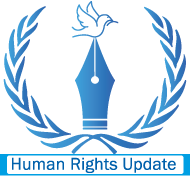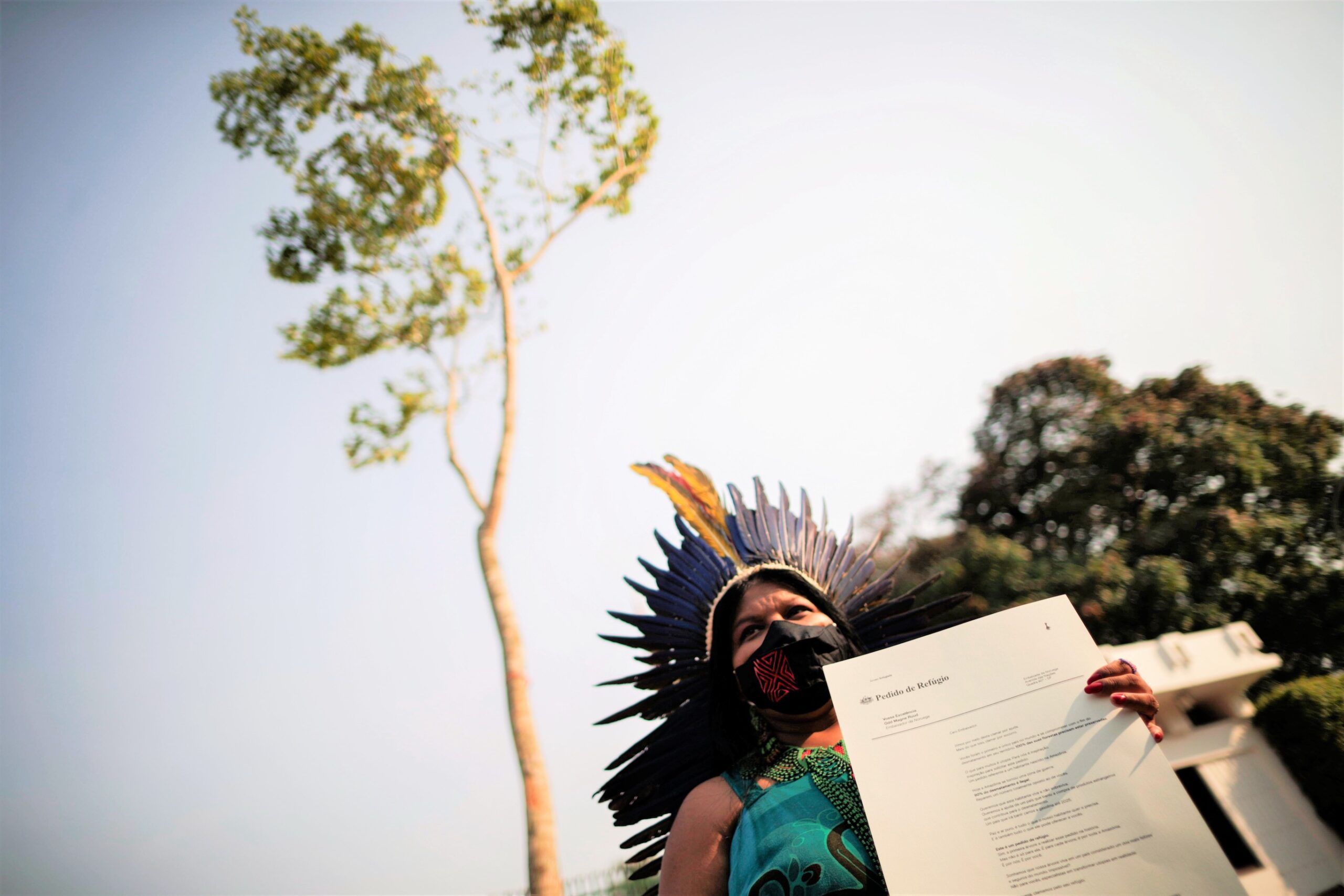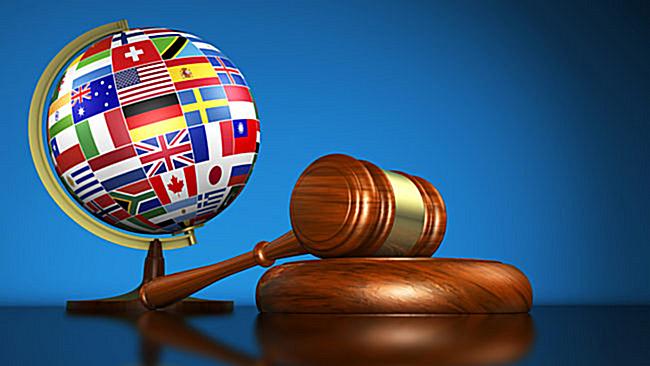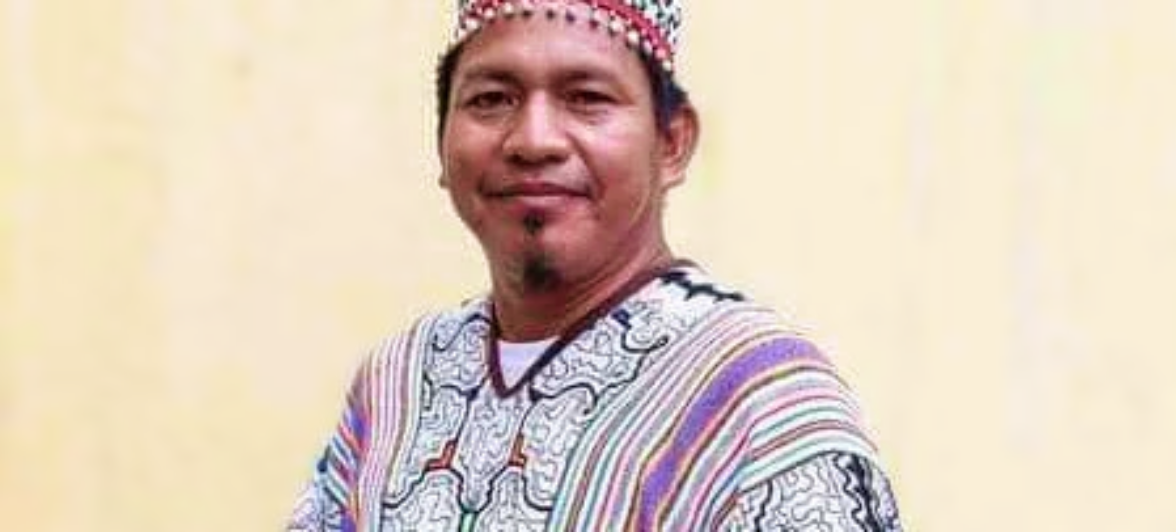In a growing international controversy, the government of Bangladesh has come under severe criticism for alleged human rights violations, including disappearances, extrajudicial killings, and torture in police custody. Several countries, led by the United States, have imposed sanctions on Bangladesh and joined in protests against these alleged violations. However, in a perplexing turn of events, the Bangladeshi government is now accusing various nations, including the United States, of human rights violations while simultaneously facing accusations of its own.
Amidst these accusations, the government of Bangladesh has been facing widespread domestic unrest, with citizens boycotting the ruling party led by Prime Minister Sheikh Hasina. Amidst this backdrop, the Awami League government has reportedly sought support from India, a move that has drawn significant attention and concern from the international community. India’s involvement has raised questions about its role in mitigating international pressure on Bangladesh’s government.
A particularly contentious issue arose when Prime Minister Sheikh Hasina alleged that the United States harbors intentions to gain control over Bangladesh’s St. Martin Island. This claim has strained relations between the two nations further, leading to more accusations and counter-accusations.
Recently, Prime Minister Hasina used a public platform to criticize the United States, suggesting that the U.S. has designs on using Bangladesh as a strategic tool to control the Bay of Bengal and the Indian Ocean. These accusations have heightened tensions between Bangladesh and the United States, although there is no concrete evidence to support these claims.
The Bangladeshi government’s assertions have been met with skepticism, as there is no confirmation from the United States about such intentions. This has led many to perceive these statements as a political tactic by the Hasina government to rally domestic support and create divisions among international allies.
In a further twist, India has been accused of supporting the Hasina government as part of its own geopolitical strategy. Reports suggest that India’s concerns revolve around the possibility of a weakened Hasina government leading to increased influence by organizations like Bangladesh Jamaat-e-Islami, which India considers a radical fundamentalist group with alleged ties to Pakistan.
India has been accused of exerting pressure on the United States to maintain stability within the Hasina government, aligning its interests with those of the Awami League. It is alleged that India’s support is driven by the Bangladeshi government’s promotion of Hinduism, including its support for organizations such as ISKCON, as well as economic considerations.
As the international community watches these events unfold, concerns over human rights violations in Bangladesh persist. The ongoing political maneuvering, accusations, and counter-accusations have raised doubts about the intentions of various governments involved, leaving the people of Bangladesh caught in the midst of a complex web of international politics and human rights concerns.
The controversy has escalated as the Bangladeshi government has reportedly taken a defensive stance, warning foreign ambassadors against discussing the upcoming elections. This move has added to the perception that the government is attempting to suppress criticism and dissent, further eroding the trust of both its citizens and the international community.
The situation has placed a spotlight on the delicate balance between political alliances, geopolitical interests, and the pressing need to address human rights concerns. The accusations and counter-accusations have muddied the waters, making it challenging to discern the truth amid the complex interplay of regional dynamics and power struggles.
International organizations, human rights advocates, and concerned nations continue to call for an independent investigation into the alleged human rights violations in Bangladesh. The government’s response to these calls will be crucial in determining its credibility and commitment to upholding human rights standards.
As the controversy unfolds, the citizens of Bangladesh find themselves in a precarious situation, with their voices and concerns potentially being overshadowed by international maneuvering and political posturing. The pursuit of justice, transparency, and the protection of human rights should remain at the forefront of discussions, reminding all parties involved of their responsibilities in ensuring the well-being of the Bangladeshi people.






